by Suheel Rasool Mir
The recent example of this is how a 13-years old boy from Pulwama district committed suicide after his younger brother refused to let him play on his mobile phone This horribly shows the hazardous side of finding oneself in the world which is fundamentally endorsing violence and other crude categories of morality.
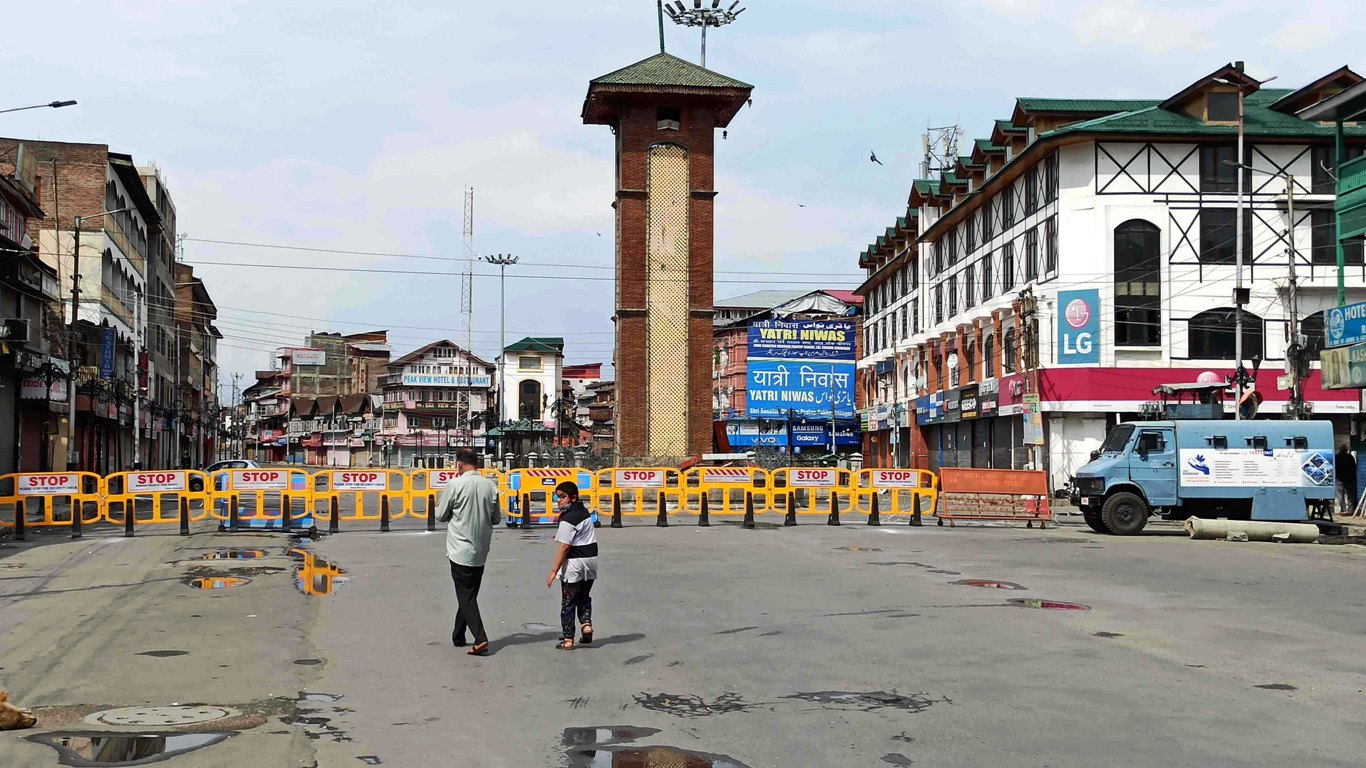
Covid-19 has transformed more or less every sphere of our lives be it socio-economic, political or psychological. It has pushed the societies in a pathological state due to aberrations in a social structure which is very mechanism binding society together. The life in stretches of Covid-19 has been more of an individualistic and undeniably alienating. Lockdown strategy initially came with a host of latent consequences in the form of living anxieties and cramping stressors.
Everywhere governments were worried about the colossal loss owing to this extraordinary ‘event’. In all this, we had ‘disruptions’ in every sphere of our lives and the major element was that of mental health scenario as experts and governments failed to assess psychological vulnerabilities associated with this virus.
The society of Kashmir is already infested with traumatic physiognomies which have had a mental toll on youth, this pandemic has further descended them into the well into desperateness. Their existing worries were spurred as they were caught in blues of this indeterminate event. The sense of ‘insecurity’ with regards to the young populace and the degenerating character of this pandemic has unleashed a new face of mental health vulnerabilities.
The ugly and dark facet of this growing ‘crisis’ is the imperceptible rise of suicidal tendencies in the people. These situations of accumulating ‘stress and depressive’ states are the thriving airs for this extreme condition of taking a dangerous path while giving in to the piled up mental health problems.
While the whole world is struggling with the virus and suicide, Kashmir is also observing this rise going with the daily reports across the region. Life was almost driven to the state of being isolated when our basis of social understanding and solidarity comes from socialising. This ‘strange’ development made our minds too pre-occupied with the fears and uncertainty further increasing the stressors triggering stress-related thoughts and depressive mood behaviours.
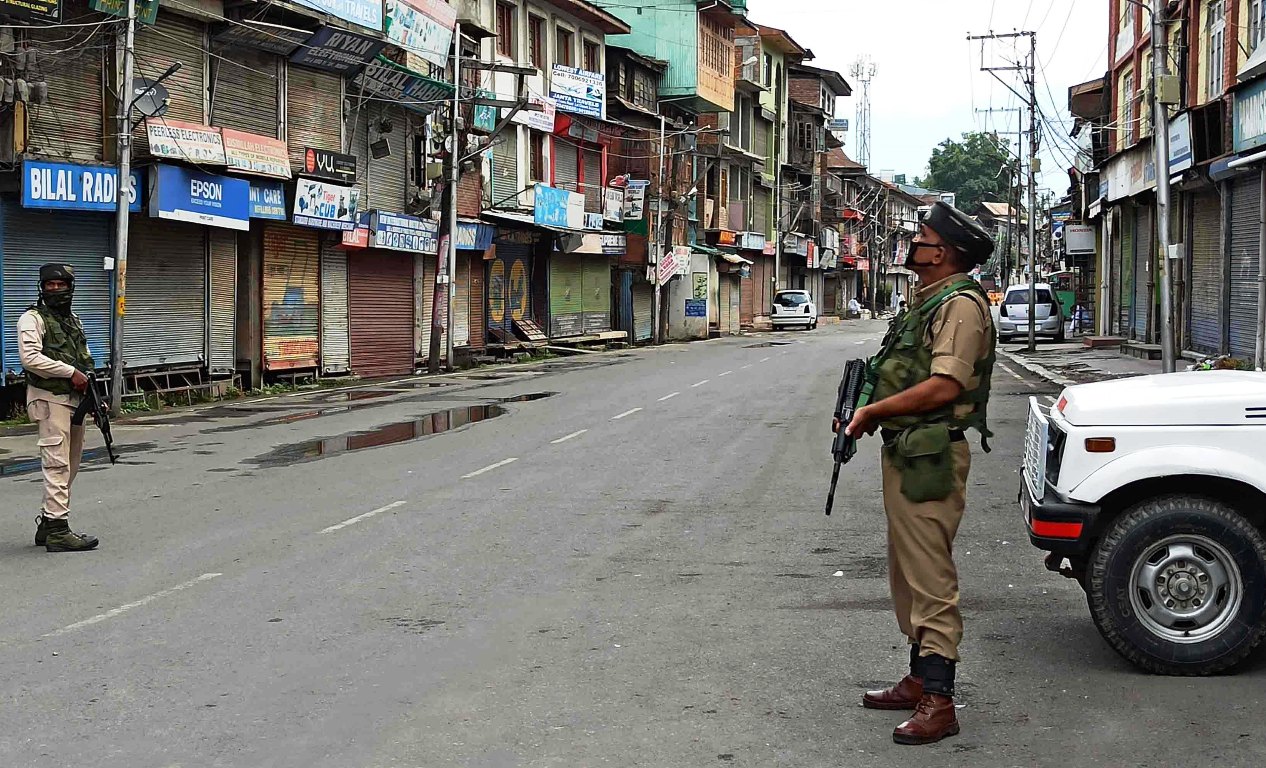
As French sociologist, Emile Durkheim rightly said that suicide has a least human-induced cause but rather is driven by the exterior factors dictating human behaviours. The psychological burdens are severe, especially among teenagers and adolescents. This covid shock comes all of a sudden people were not prepared for this worst pandemic thus bringing a lot of despondencies.
On the other side of this story, this pandemic just likes its replicating identity too engulfed our psychologies too in the form of ‘fear of dying’, ‘disorder’ and the ‘survival’ questions. The Covid-19 intensifies suicidal ideation among the youth of Kashmir owing to social isolation, alienation, hopelessness, intolerance, lack of social support, inaccessibility to reduce mental illness.
Because of the succeeding events consequent to the onset of crisis school and college-going students are feeling trapped, and they have sloped into some sort of pessimistic and disenchanted territory. The young people are always pre-occupied with the thoughts of ‘expectations’ and the subsequent social acceptability templates to follow then.
Covid crisis in a way touched the bare bone of mental health issues as it almost scratched all of us in one way or other. The discussions and conversations started pouring in and it was internalised into the public sphere which was rather ignored and rather neglected earlier. It has become a matter of social question now. As the mental health vulnerabilities are showing spike from the past couple of months agencies have turned a dead ear to this sensitive and critical issue which if not managed and handled in an organised manner would devour the individuals from their psychological well-being.
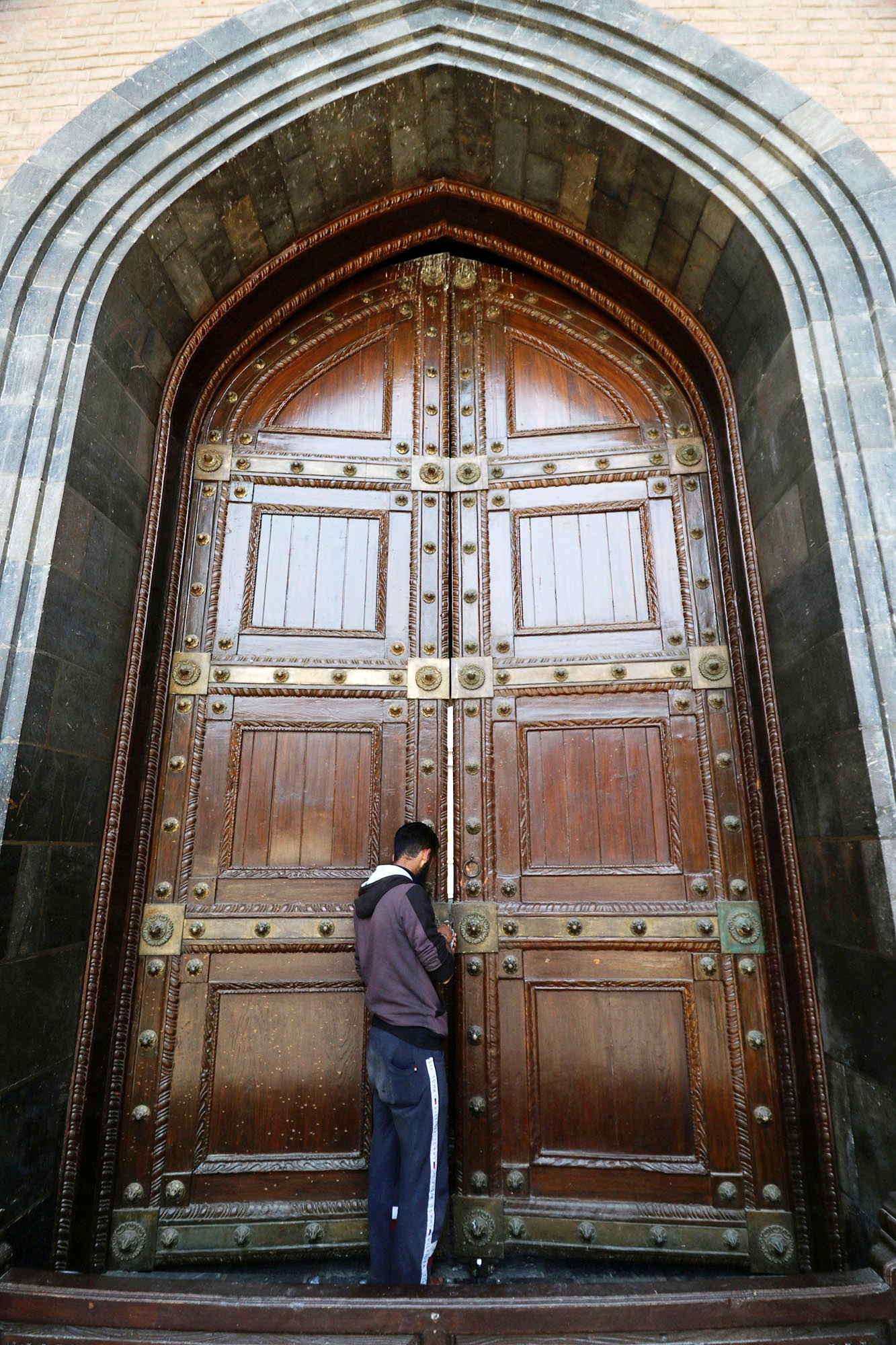
Covid-19 has intensified stress for everyone whether you are with family or alone with young people facing the worst of it. Teenagers spending most of the time in playing video games are facing the severity of anxiety issues like restlessness, irritability, depression, loss of sleep or appetite, feeling isolation or are unable to enjoy with family. This addictive and unrestrained mode of squandering time with virtual and passive-interface has dangerous repercussions.
The recent example of this is how a 13-years old boy from Pulwama district committed suicide after his younger brother refused to let him play on his mobile phone This horribly shows the hazardous side of finding oneself in the world which is fundamentally endorsing violence and other crude categories of morality. We have been experiencing it regularly now in most of the cases the rising levels of intolerance, violent behaviours and the excessive immersion into the web of degenerating digital platforms.
Besides, our society is also facing severe institutional paucities like inadequacy in identifying and handling of this mental health risk. The heart-warming scenes of telepsychology and conversing in our homes with other people from our windows were really appreciating and it really did wonders. Young people though already living with the burdens of ‘expectations’ felt a blankness in their approach of coming out of this tough ‘time’ Those who attempt to commit suicide lack coping strategies or problem-solving abilities coupled with a sense of hopelessness and low self-esteem contribute to the suicidal behaviour. Many people unable to bear this put an end to their lives without realising that it is not the end of their miseries.
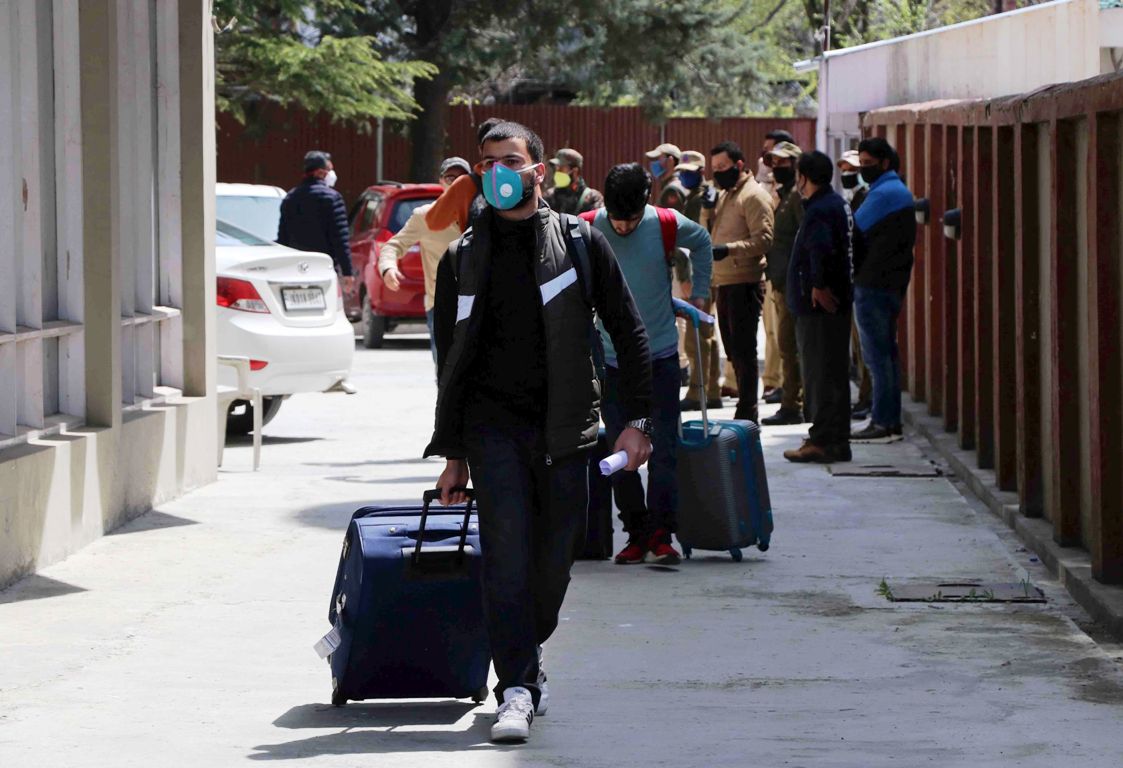
During these unprecedented times instead of physical distancing we must come together and bond ourselves in different ways. Staying socially connected in times of threat has benefits beyond helping us manage our mental well-being. Physical distance is important, but it’s equally necessary we maintain social closeness during this time. Augmenting social connections with others will make us happier, healthier, and more socially responsible as we continue to grapple with this crisis.
The present world is more virtual and less physical. Covid-19 has through a different course of its spread put the world in panic mode and self- isolation where consumption of internet and entertainment became a fundamentally important part of non-material culture. It is important to stay connected and know-how and where to reach out if someone we know is struggling in his life or in state of destitution
Message to Youngsters
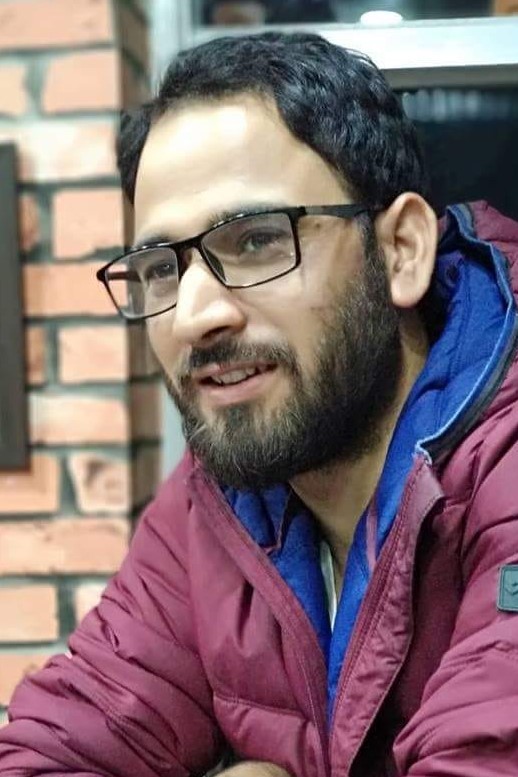
There are serious long terms consequences to Coronavirus both at a micro and macro level but our strategy should be to reduce consequences which we are facing. The time has come now to redraft our cognitive faculties in life and to look forward with full hope and confidence. The time has come to set “new normal” in re-assessing and redefine our values and codes of having a resilient and well organised social system and to explore our sense of purpose.
The new challenges we are facing in the form of anxieties should be dealt with re-adjustment, accommodation and be realistic about the coming times. This state of ‘insecurity’ has given rise to the feeling of being trapped in the ‘frozen’ realm of existence with stagnation in the routine we had projected in our lives. It is high time to acknowledge and address the mental health crisis whilst embracing the likewise situations as an essential part of both nature and society. Instead of hopelessness, it’s to see hope in every ‘stress’ and sharing that positive experience with others.
(The author is Senior Researcher at the University of Kashmir, Department of Sociology, working on Suicide in Kashmir. The opinions expressed in this article are those of the author’s and do not purport to reflect the opinions or views of Kashmir Life.)















